Omega-3 fatty acids provide a variety of health benefits. The three main omega-3 fatty acids are docosahexaenoic acid (DHA) and eicosapentaenoic acid (EPA) and alpha-linolenic acid (ALA). EPA and DHA are primarily found in certain species of fish while alpha-linolenic acid (ALA) is found in plant sources including flaxseed and soybean oil. These fatty acids are indicated in the treatment and prevention of a variety of chronic conditions and have been proven in supporting cardiovascular, brain and joint health. Omega-3 fatty acids are most effective when consumed through food sources but sometimes extra supplementation is indicated. When supplementing, it’s imperative to use the correct dose and a high quality product to ensure effectiveness. Let’s dive in!
Omega-3 fats are long-chain, polyunsaturated fatty acids. They are incorporated into the membrane of every cell in the body and allow fluidity of the cell and better flow of nutrients into and wastes out of the cell. They also play an important role in anti-inflammatory processes. Our bodies do not produce omega-3 fatty acids on their own and thus it is necessary to obtain sufficient amounts through food and/or supplementation. As mentioned, EPA, DHA and ALA are beneficial in a variety of health ailments including cardiovascular disease, brain and joint health.
EPA and DHA have been proven to be effective in lowering blood levels of triglycerides. Elevated triglycerides are correlated with an increased risk for heart disease and stroke and can be seen with a routine blood test known as a “lipid panel”. High levels of triglycerides are also often present in blood sugar dysregulation disorders, including type II diabetes. High dose EPA/DHA combination products have been shown to reduce elevated triglycerides by more than 30%, making these products a safe and effective treatment option for many.
Research also suggests that EPA and DHA support fetal brain health and development. Data derived from observational studies have found that omega-3 fatty acid consumption during pregnancy either in the diet or via supplements is associated with improved neurodevelopmental outcomes in the child. In particular, EPA and DHA support the healthy development of the fetal brain, eye, and nervous system, healthy birth weight and gestational length, healthy immune system development, positive mood and well-being in mothers, and attention and focus in infants and children.
Omega-3 fatty acids are present in the membranes of cells in the body where they function to facilitate communication between brain cells and allow for messages to be sent effectively throughout the nervous system. Not only are they crucial for fetal brain development, omega-3 fatty acids are protective against Alzheimer’s disease, dementia, ADHD and depression. Interestingly, decreased DHA levels have been associated with a smaller brain size in older adults, a finding correlated with accelerated brain aging.
The dosing of omega-3 fatty acids varies depending on the condition they are being used for. For example, someone taking a fish oil supplement to help decrease their triglycerides may want to take a different dose than a pregnant woman. I suggest speaking with your trusted healthcare professional to ensure you are using the most effective dose of omega-3 fatty acids for your unique circumstance.
If you choose to supplement omega-3 fatty acids with fish oil, it’s imperative to choose a high quality formulation that has been properly stored throughout the shipping and distribution process. Unfortunately, many fish now contain unhealthy levels of toxins due to pollution in the ocean. Oil from these fish will not possess as many health benefits as oil from healthy fish, and could potentially be harmful when ingested in high amounts. I advise choosing a brand that has a high standard for sourcing and production. Trusted, physician-grade brands include Nordic Naturals, Genestra, Thorne and Carlson Labs.
Vegan omega-3 fatty acid supplements do exist. These supplements are often less potent than fish oil derived omega-3 supplements and it’s important to read the label to ensure you are taking an effective dose. The omega-3 fatty acids in vegan supplements are commonly sourced from marine algae. It’s vital to assess for the product quality when using both fish and plant-derived omega-3 supplements.
A good way to ensure you are purchasing a high quality product is to verify that the product has been tested by a third party. Once you purchase a high quality fish or algae oil, I recommend keeping it refrigerated. This will keep the product fresher longer and prevent any of the oils from going rancid.
As always, please check in with your trusted healthcare provider to ensure that supplementing with omega-3 fatty acids is indicated and safe for you!
Please note: I, Kelcie Harris, ND, have no affiliation with any of the companies mentioned in this blog post.
References:
- Swanson, Danielle, Block, Robert and Mousa, Shaker A. Omega-3 Fatty Acids EPA and DHA: Health Benefits Throughout Life. Advances in Nutrition 3(1):1-7. January 2012. DOI: 10.3945/an.111.0000893
- Yurko-Mauro K, Alexander DD, Van Elswyk ME. Docosahexaenoic acid and adult memory: a systematic review and meta-analysis. PLoS One. 2015;10(3):e0120391. Published 2015 Mar 18. doi:10.1371/journal.pone.0120391
- Coletta JM, Bell SJ, Roman AS. Omega-3 Fatty acids and pregnancy. Rev Obstet Gynecol. 2010;3(4):163-171.
- Skulas-Ray, Ann C et al. Omega-3 Fatty Acids for the Management of Hypertriglyceridemia: A Science Advisory From the American Heart Association. Circulation Volume 140, Issue 12, 17 September 2019; Pages 673-691. https://doi.org/10.1161/CIR.0000000000000709.

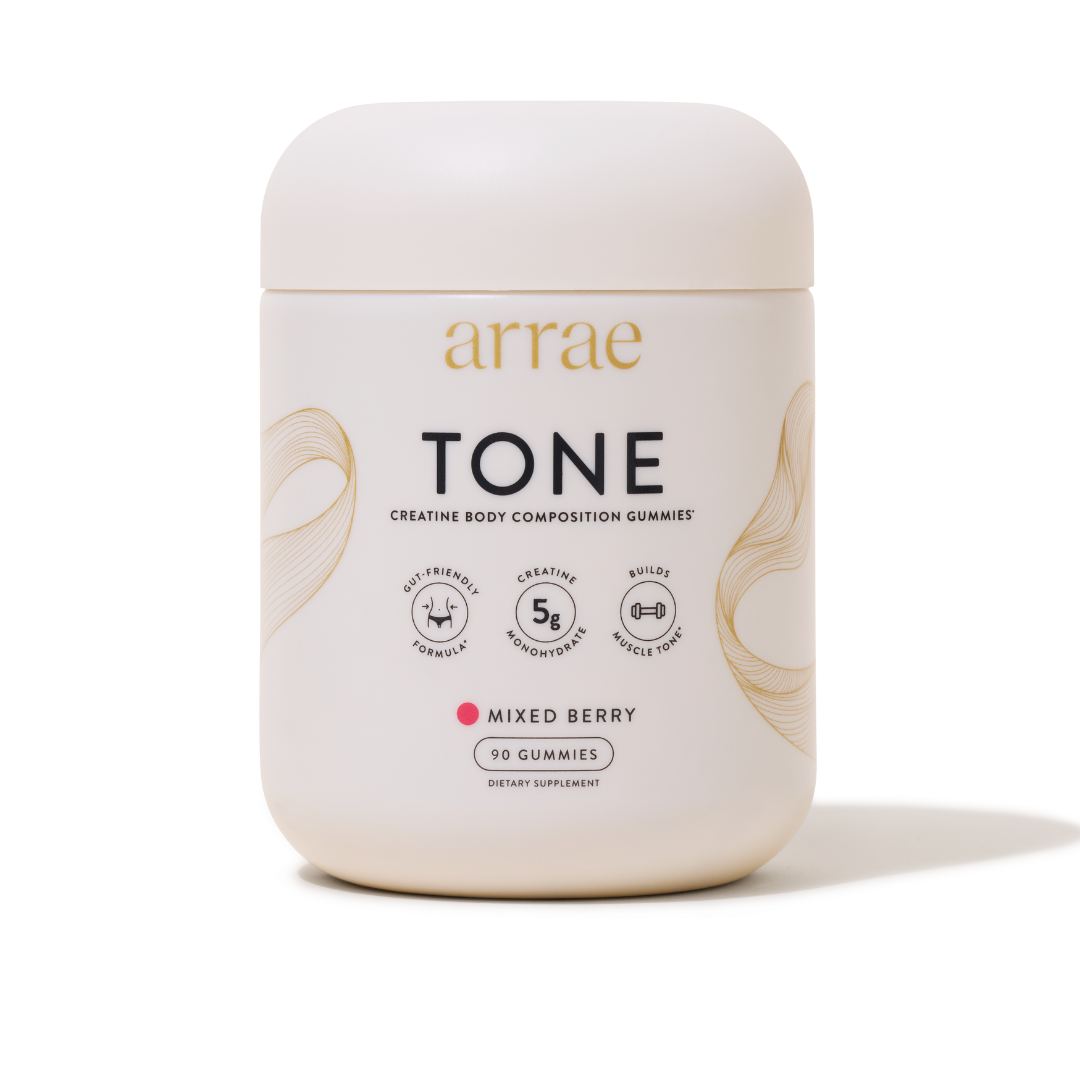

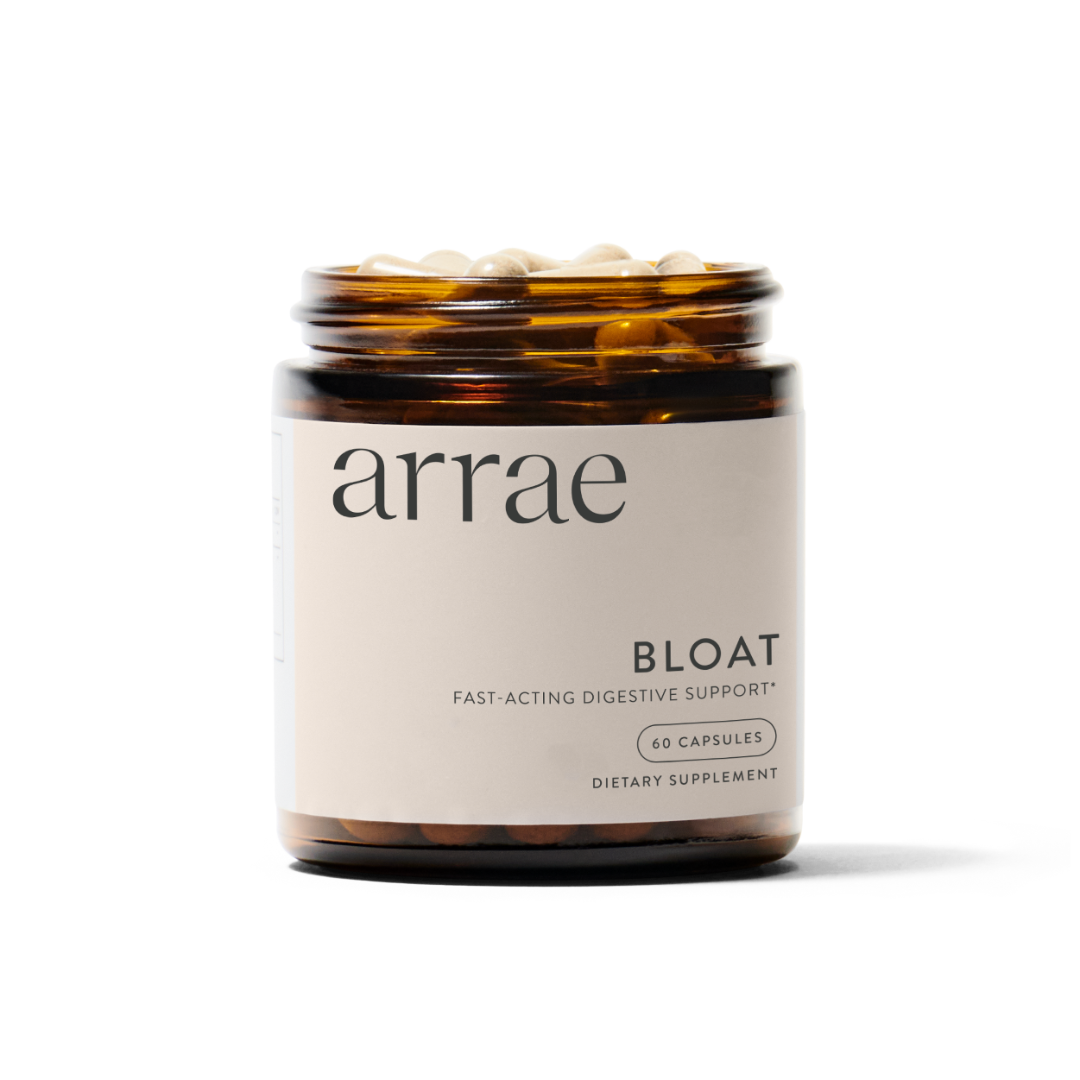
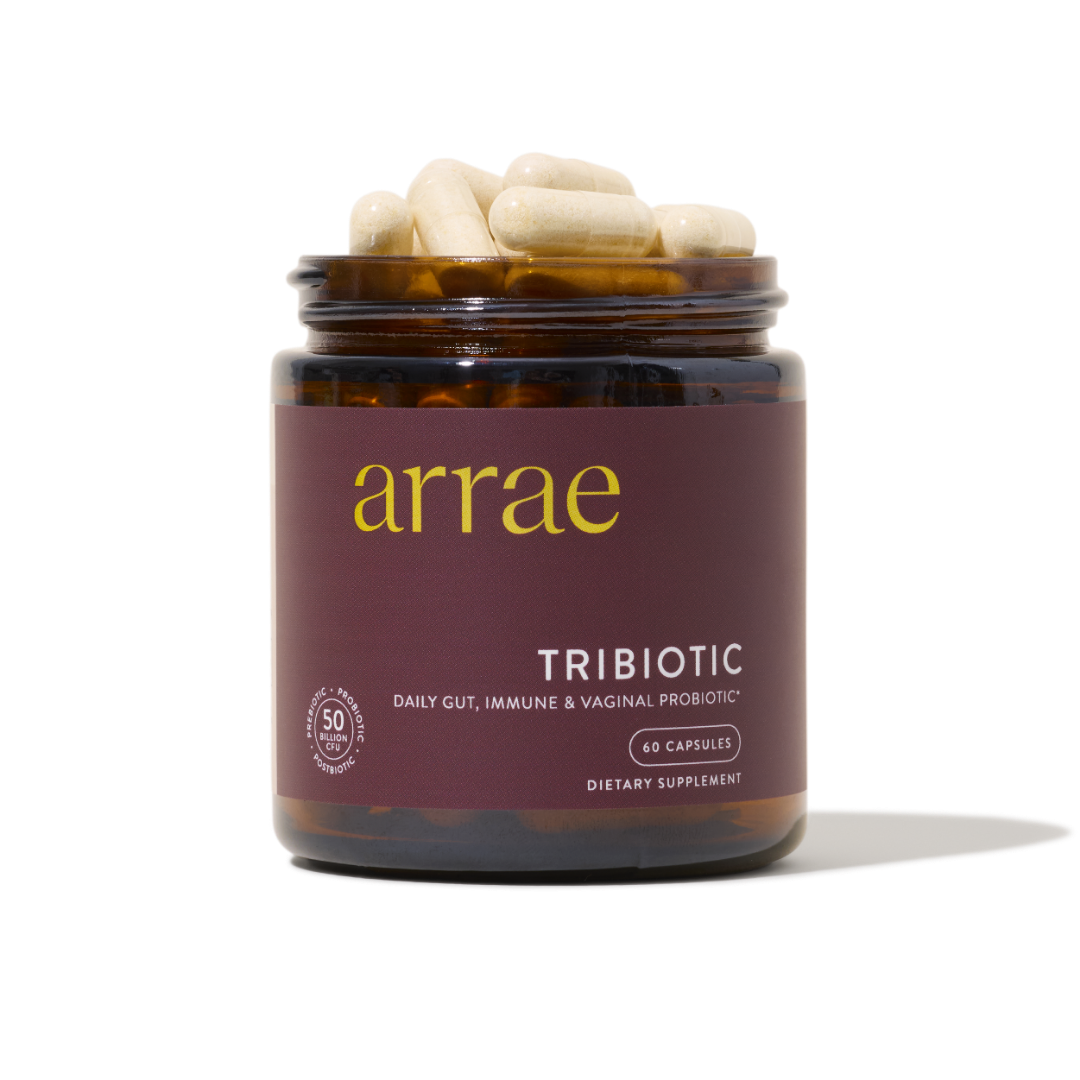
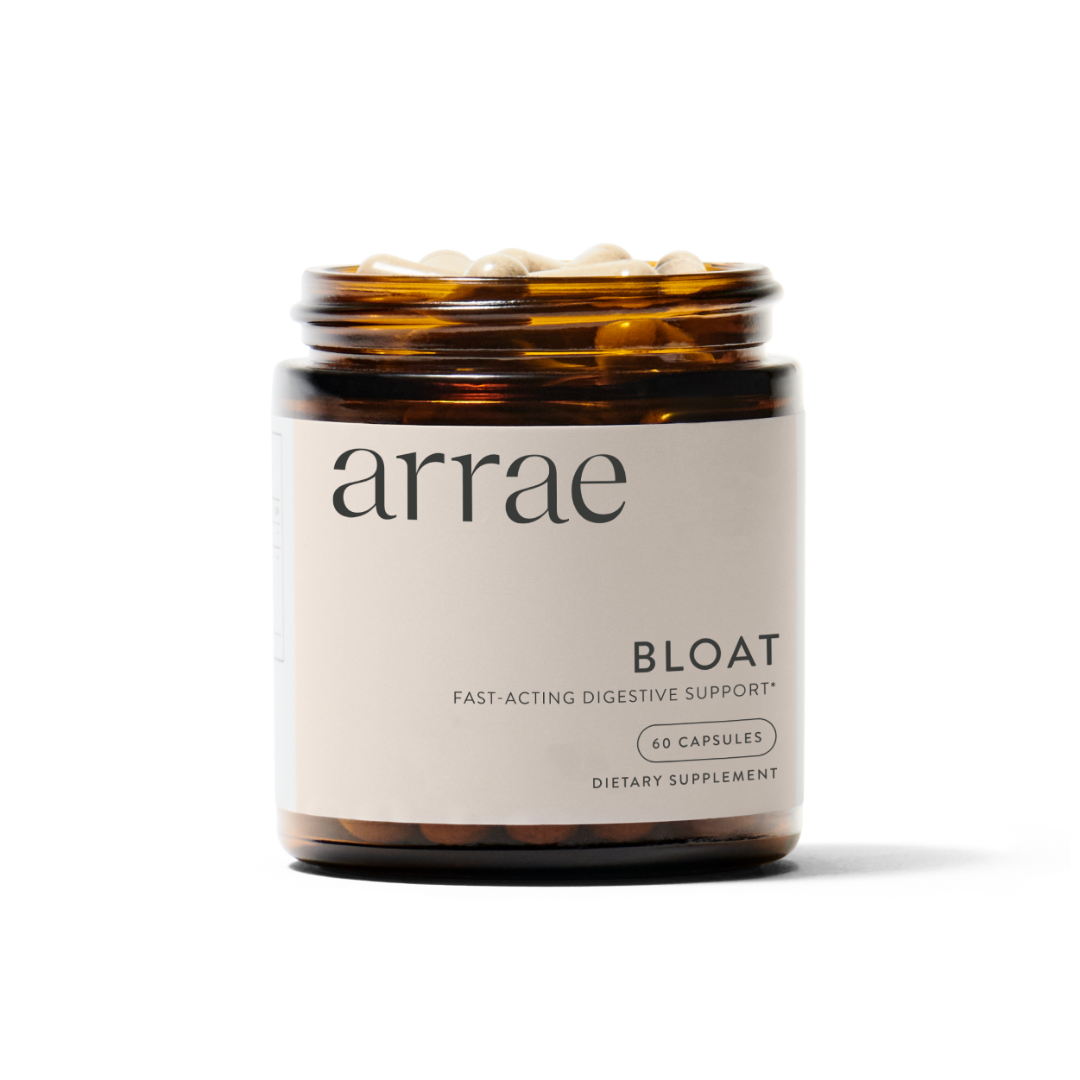
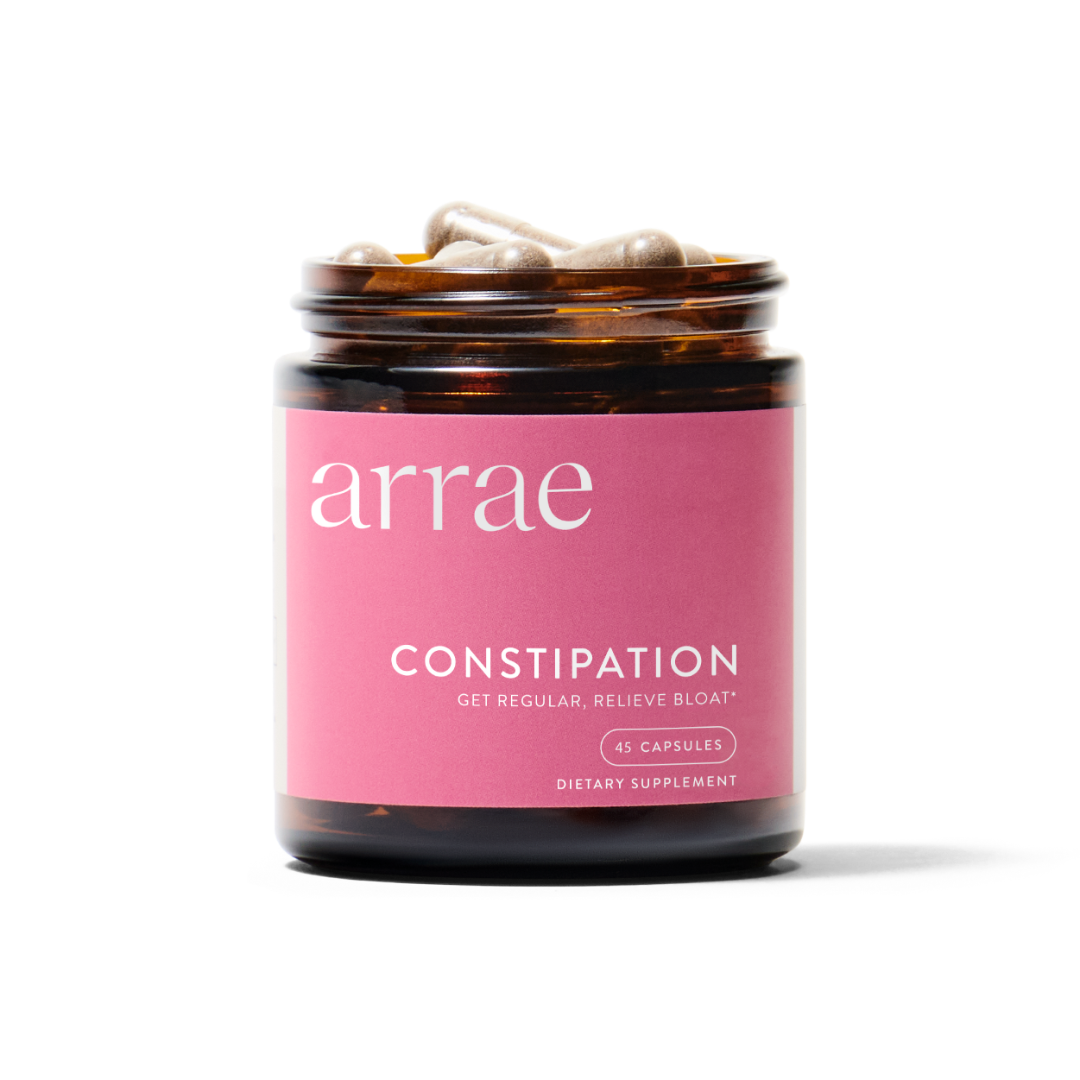

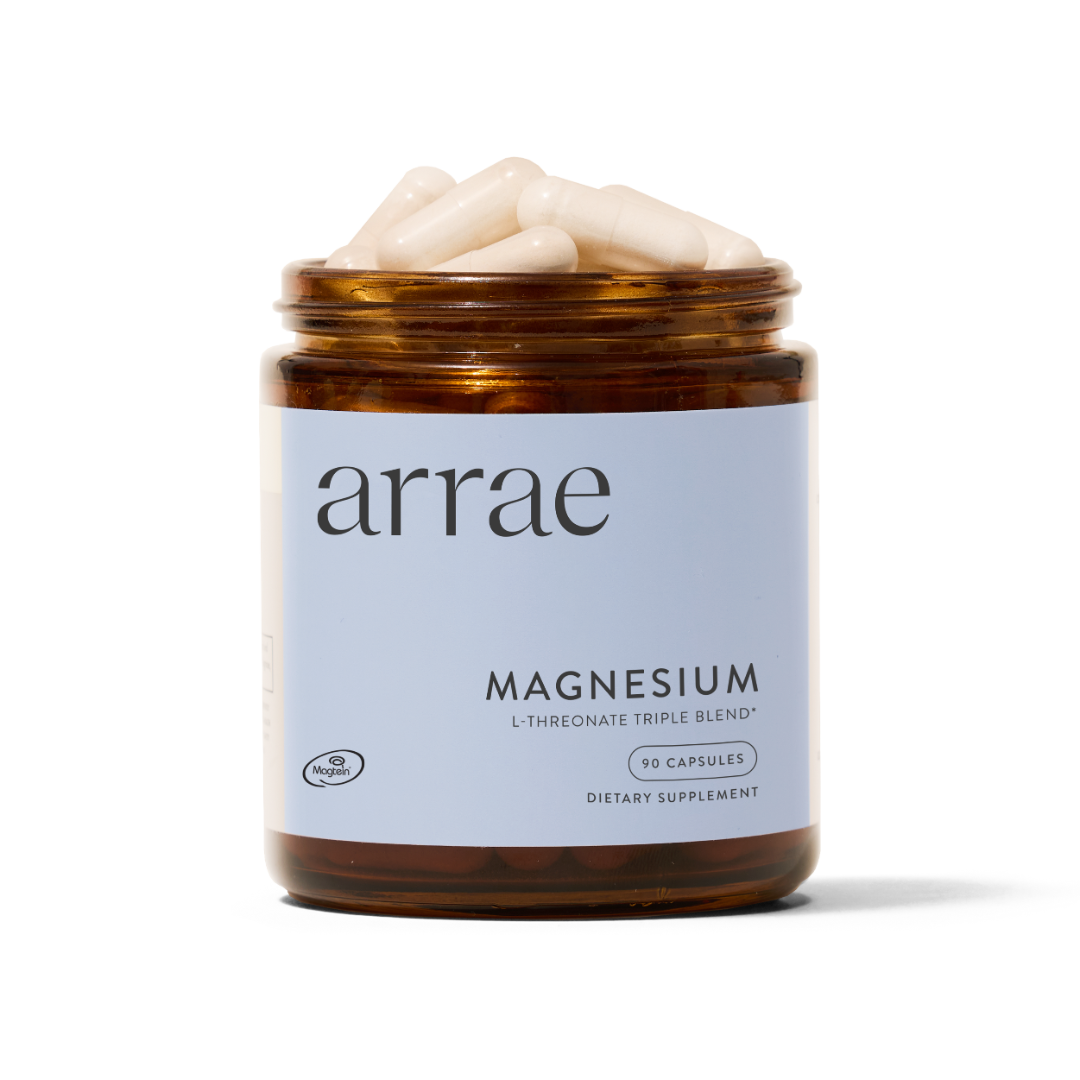



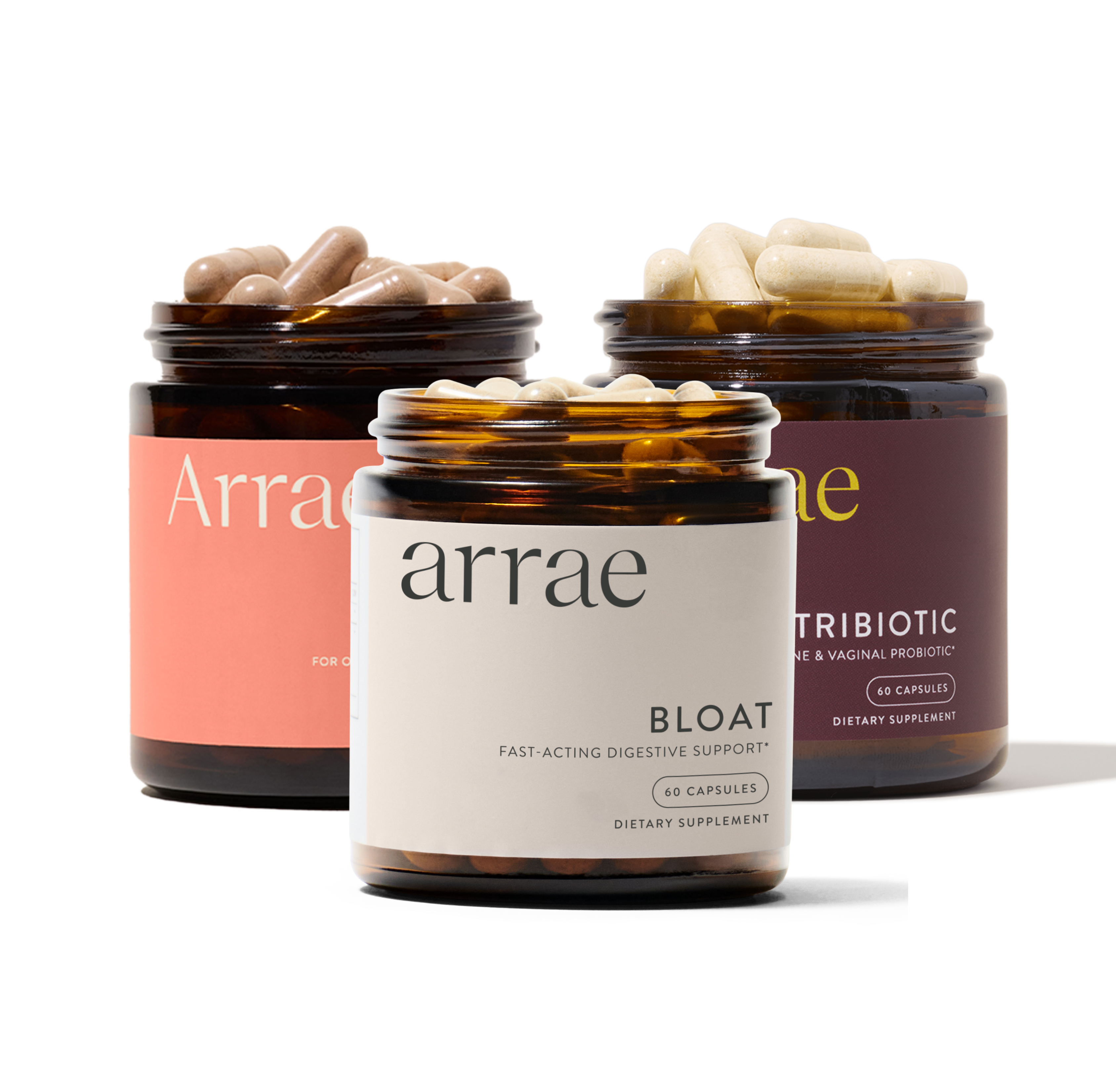
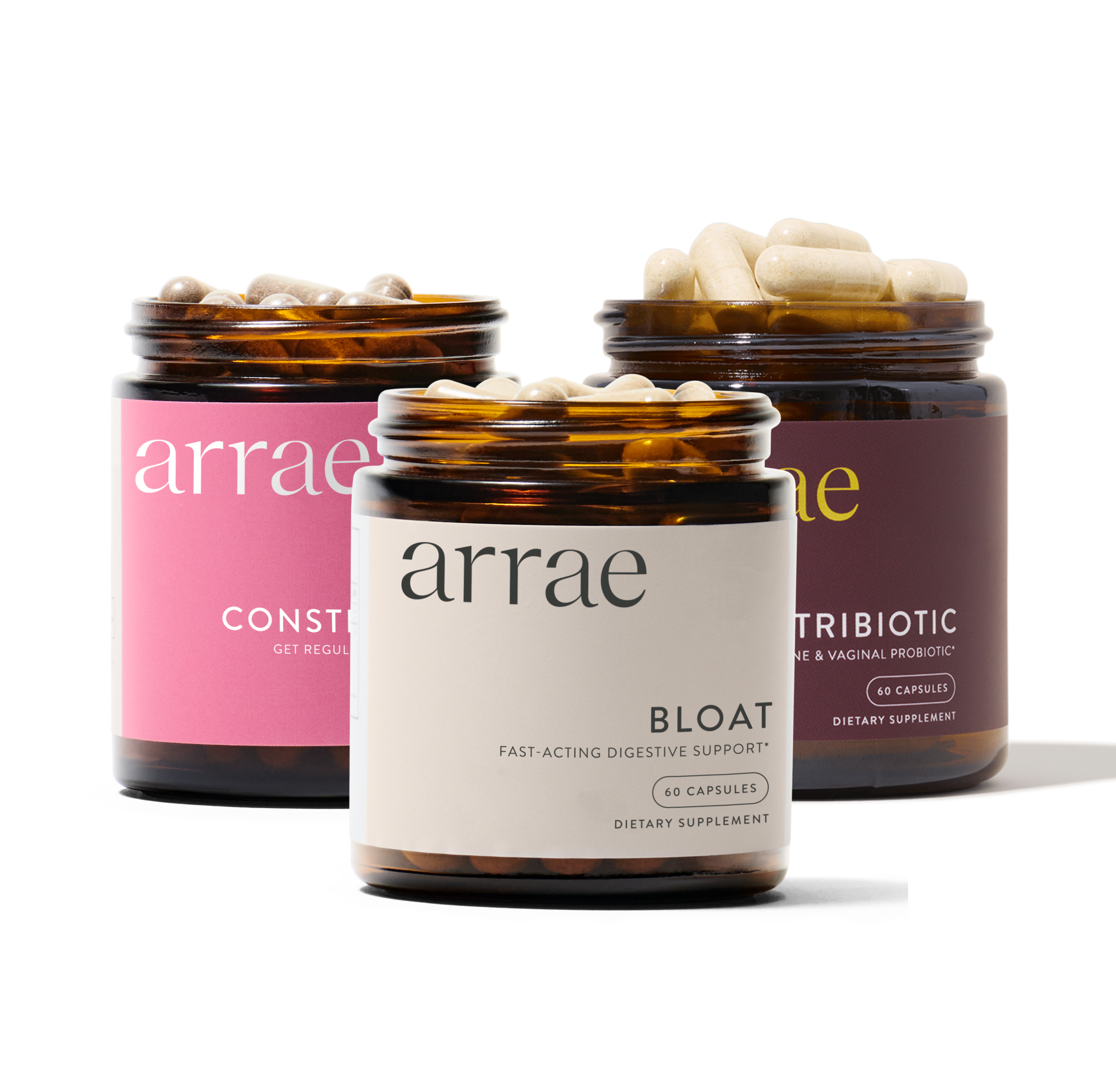








 Instagram
Instagram TikTok
TikTok Youtube
Youtube Facebook
Facebook Email
Email